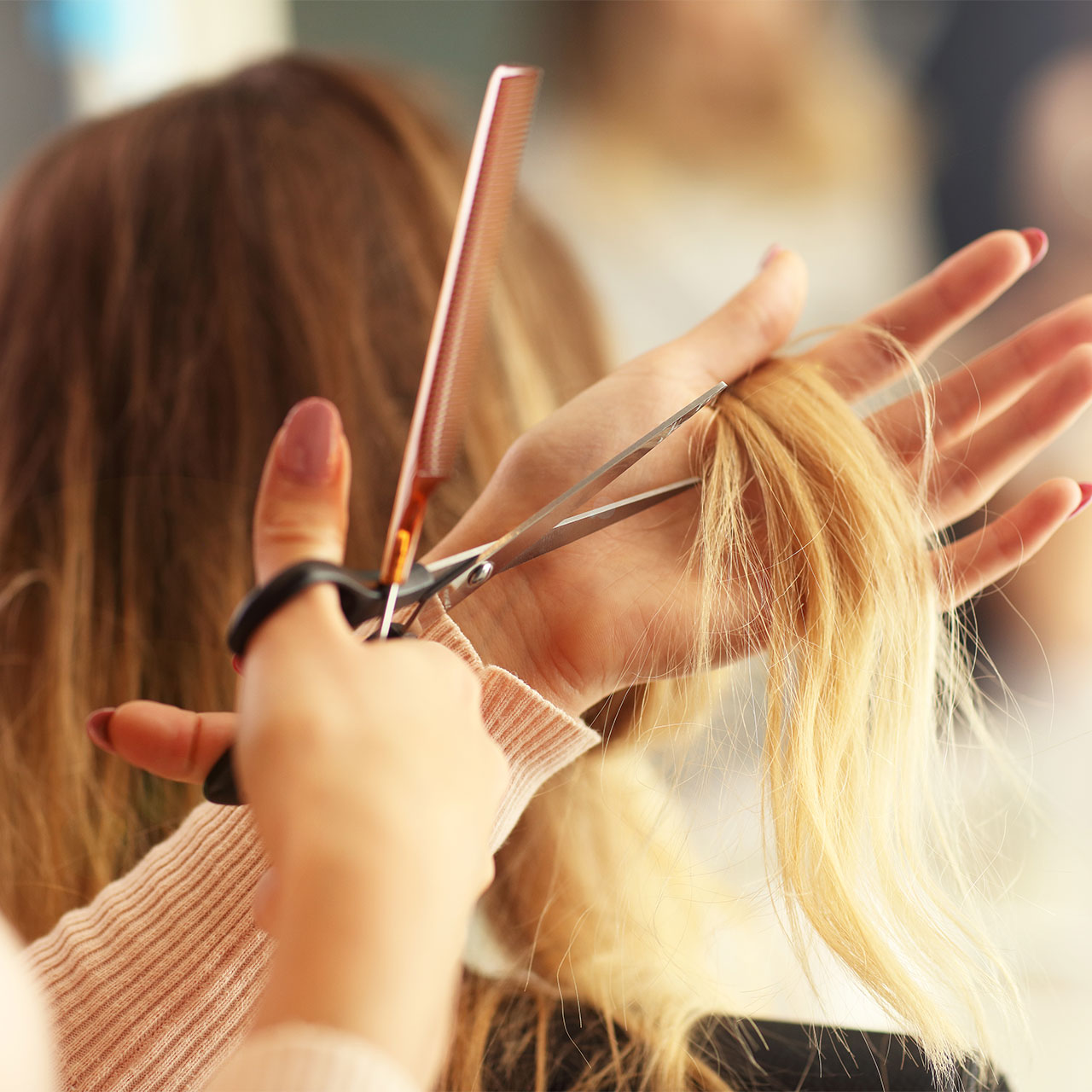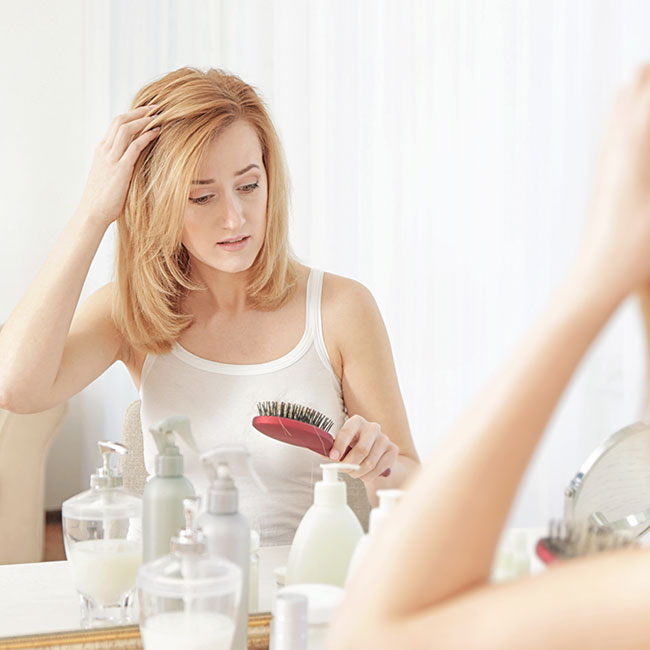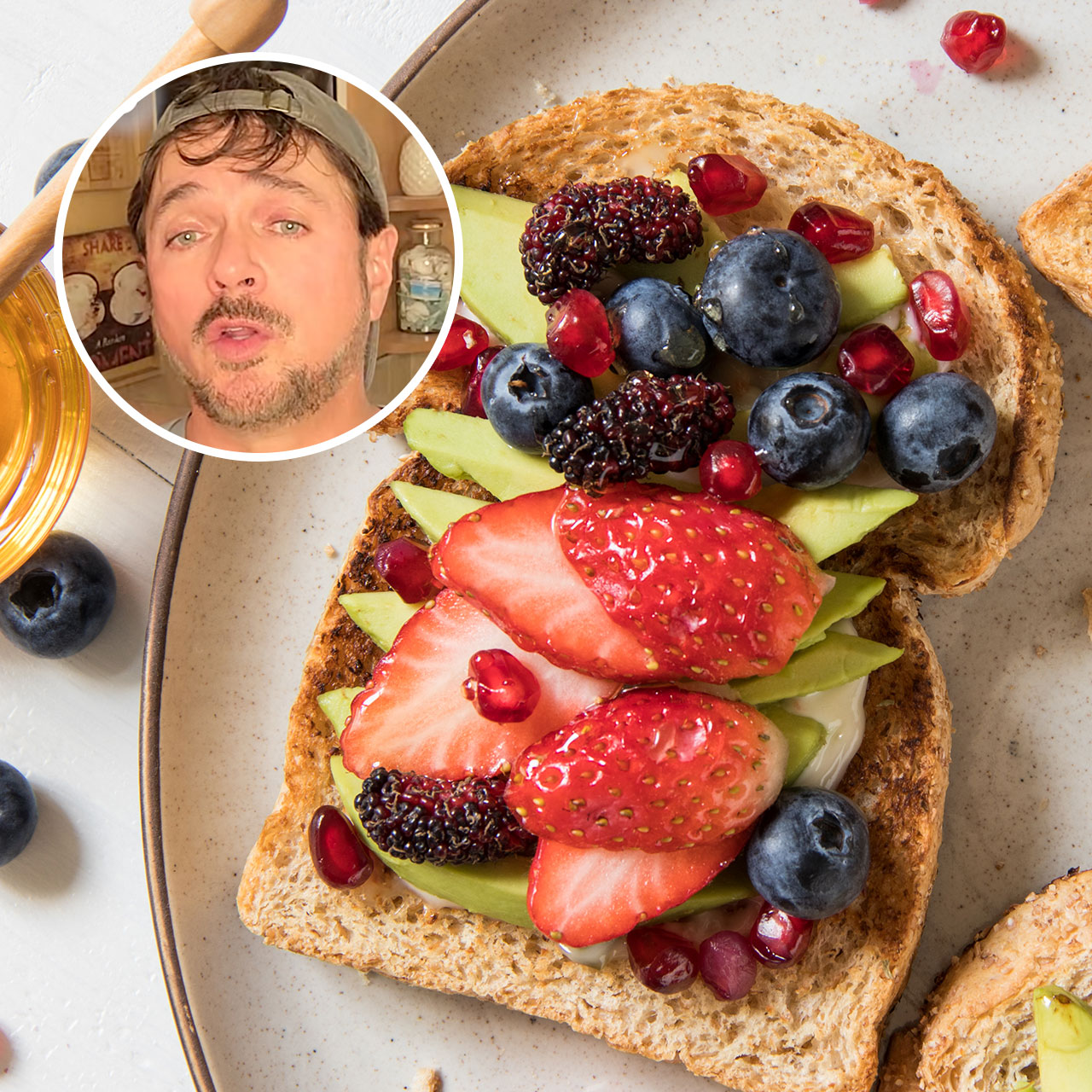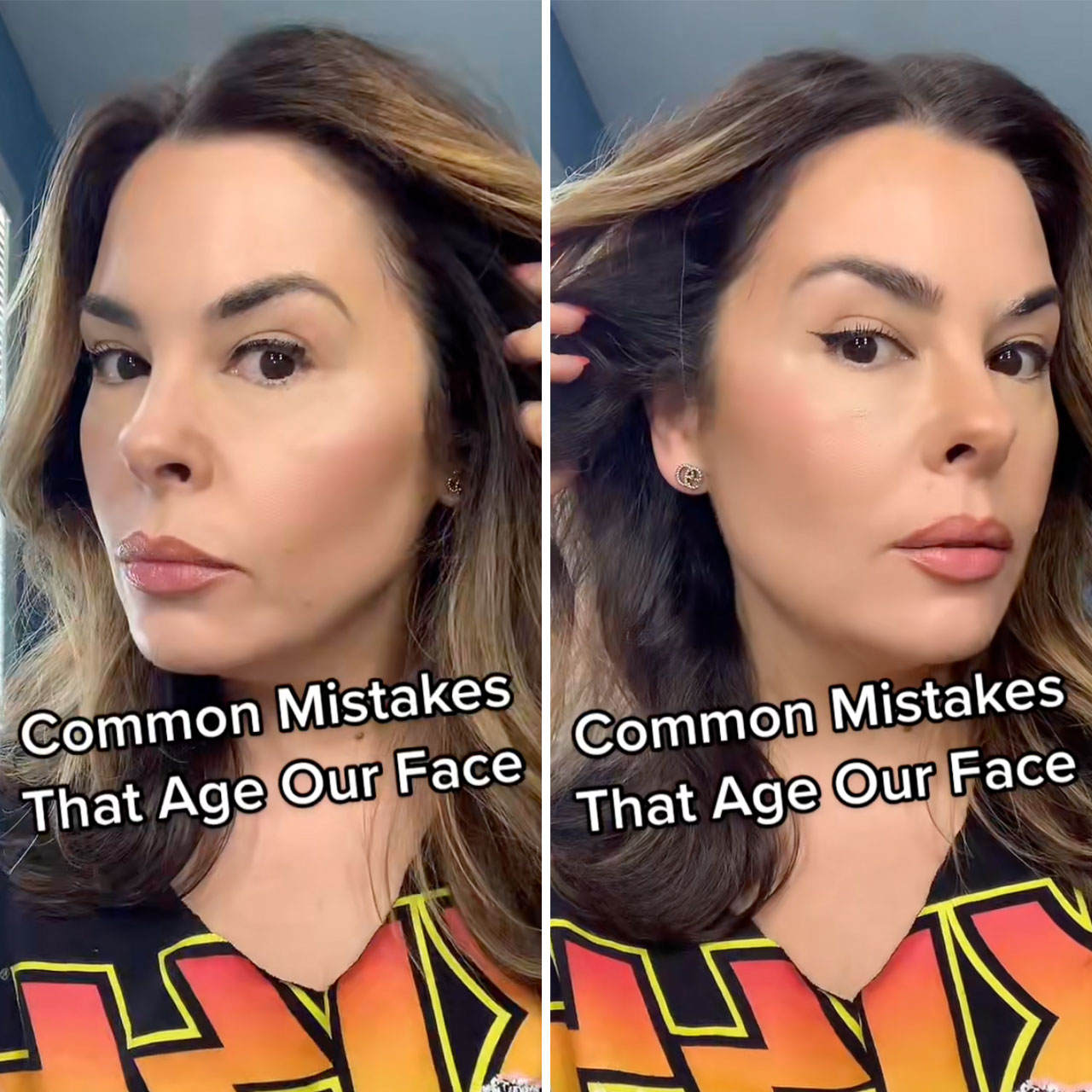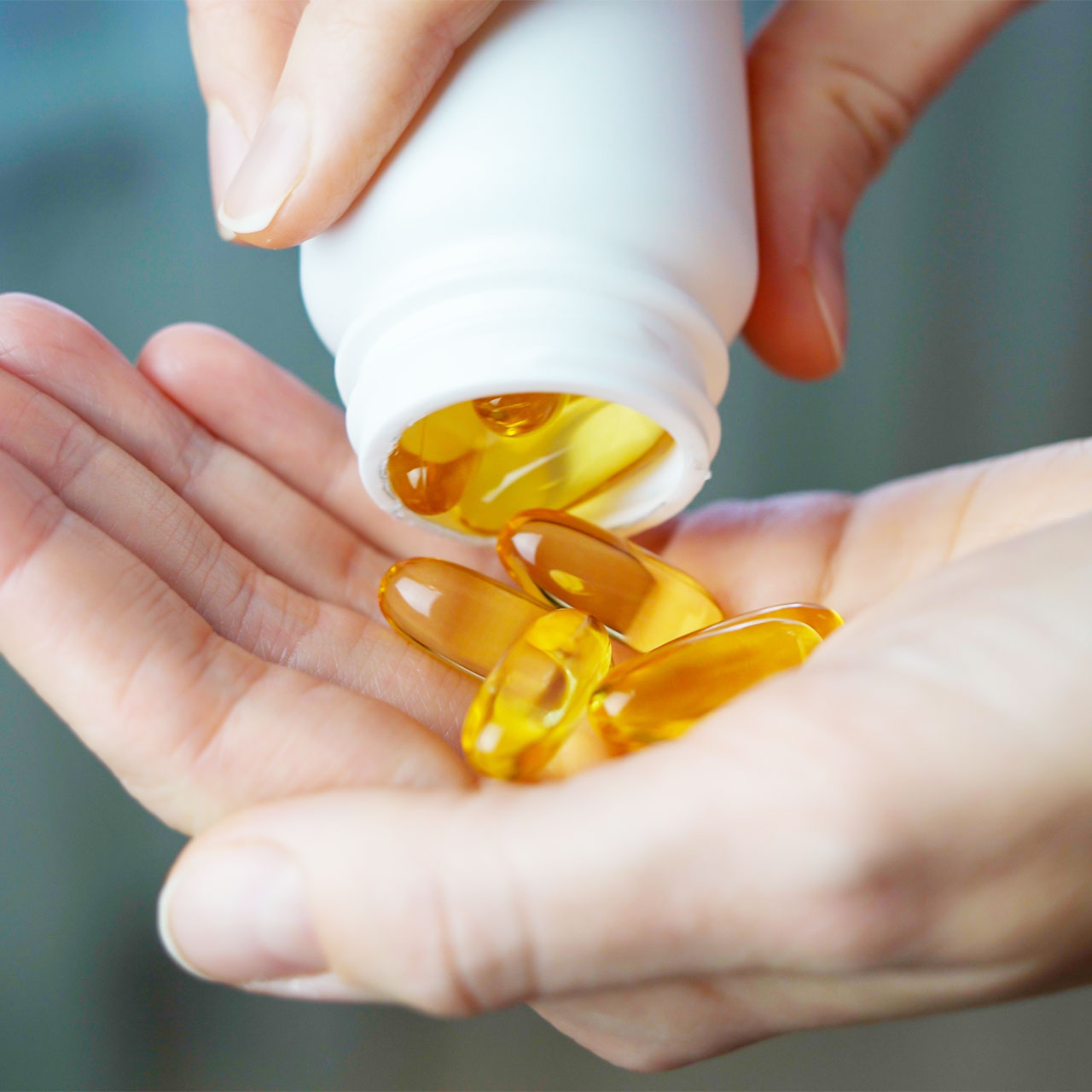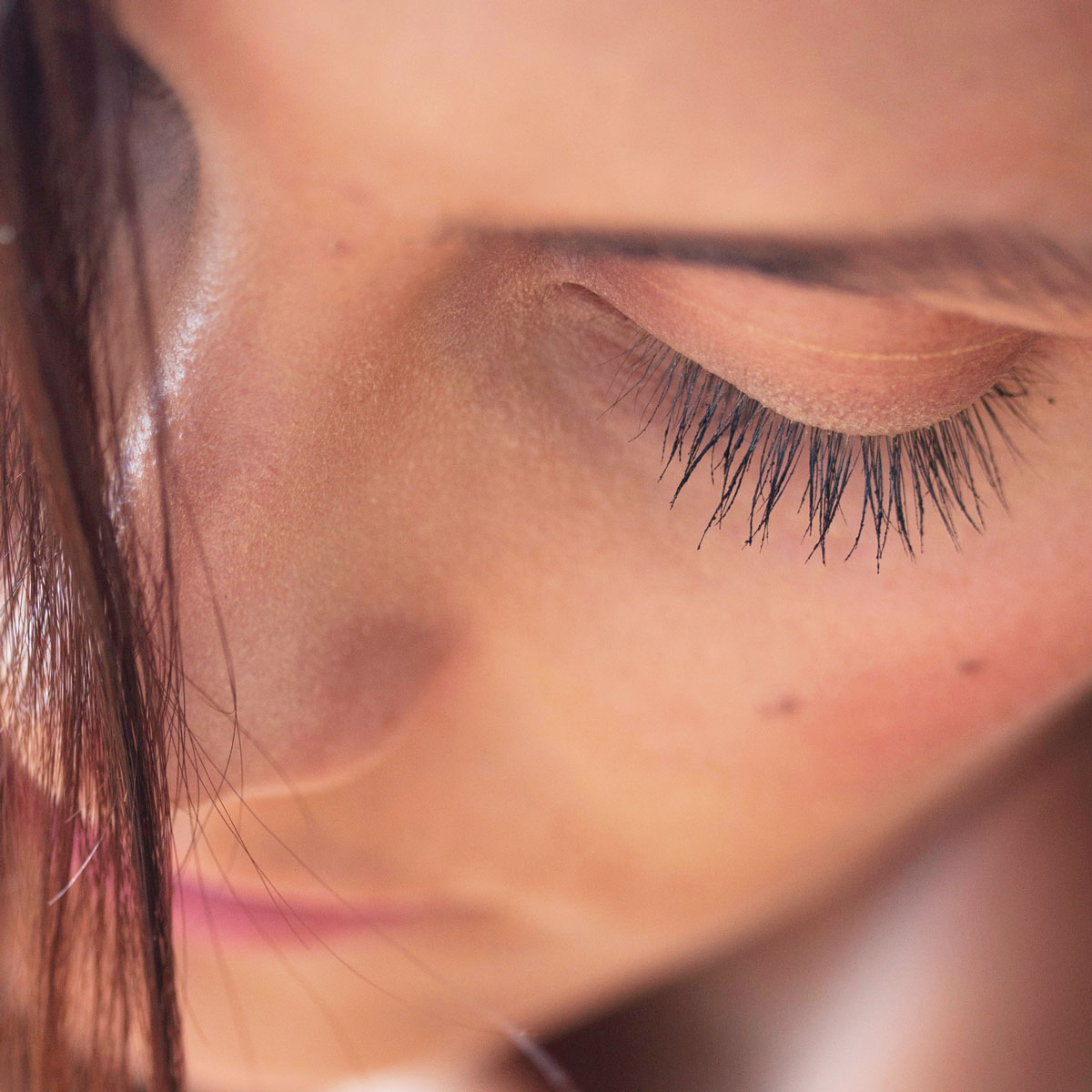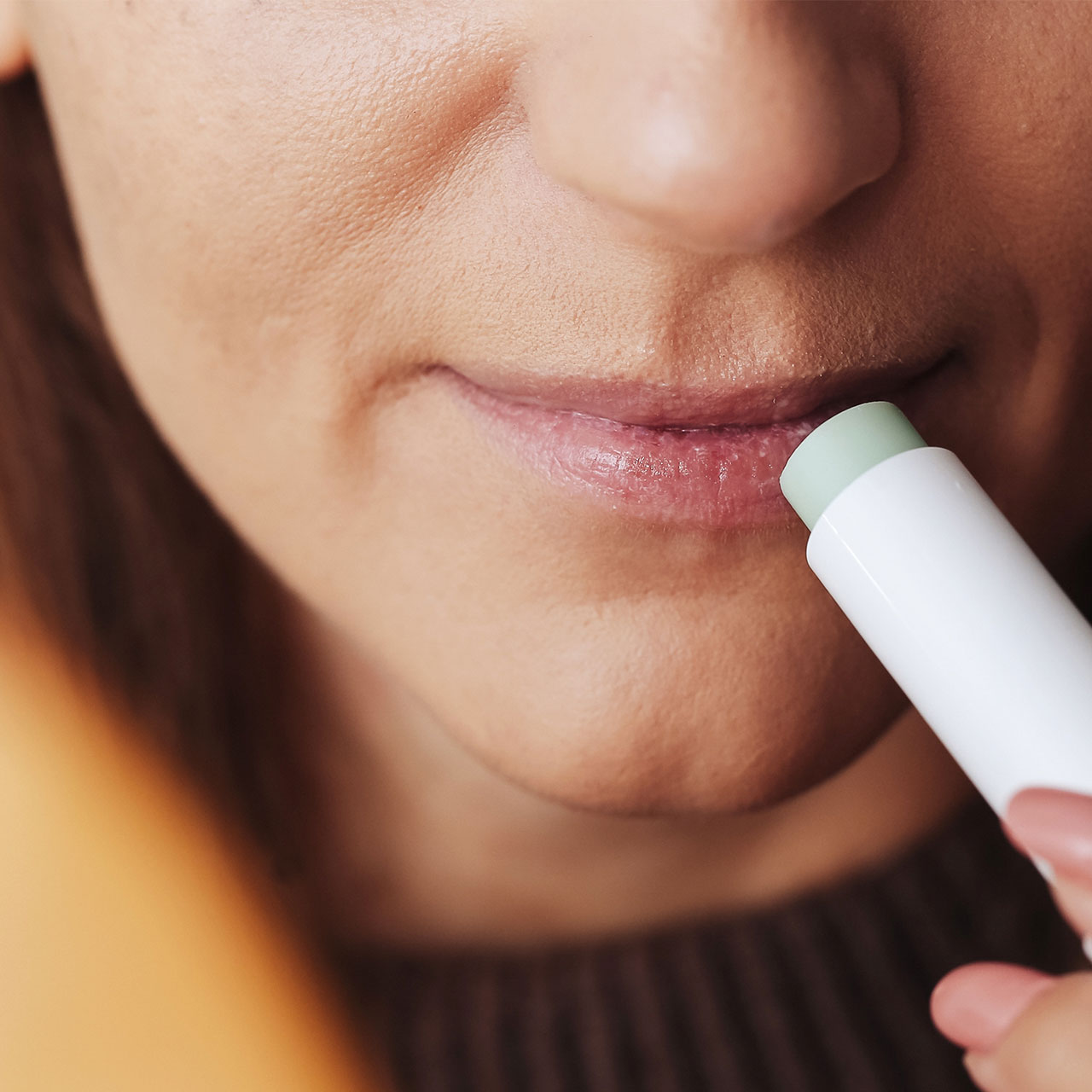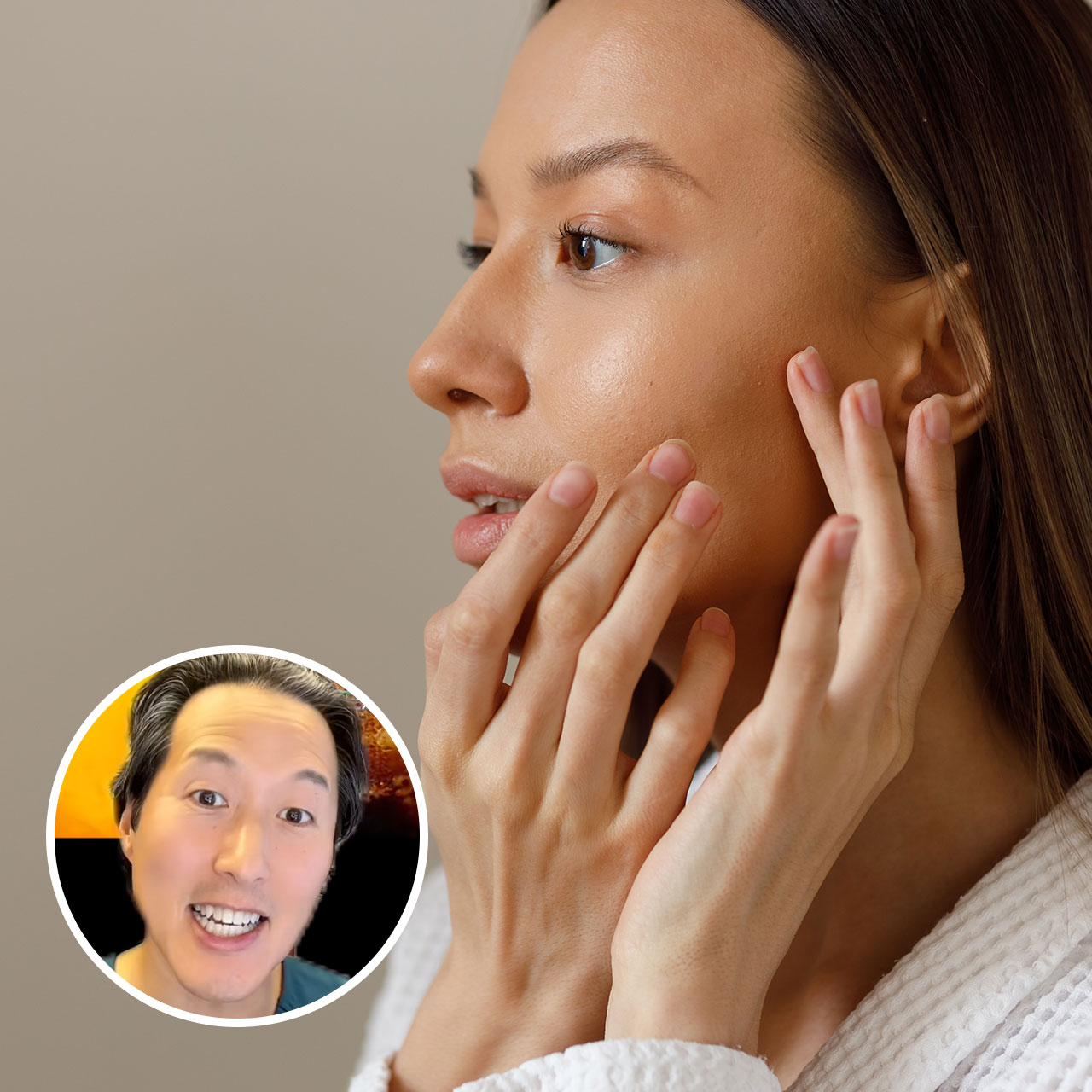This is an archived article and the information in the story may be outdated. Please check the time stamp on the story to see when it was updated last.
There are few things more terrifying than brushing your hair and noticing that clumps of hair have fallen out. Yet, this is a common problem — yes, even for women — even though it’s one that we rarely talk about. Hair loss and thinning can have several causes, most notably stress, hormonal changes, and postpartum symptoms. But your diet can also play a role in hair loss. We spoke with dermatologists to get to the bottom of how nutrition is affecting thinning hair — and we uncovered the one food you should never eat if you have thinning hair.

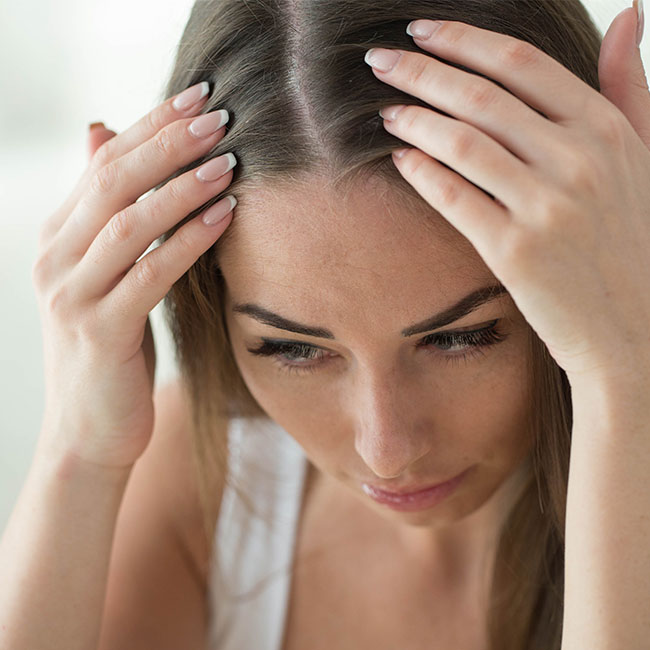
Processed, Inflammatory Foods
Before you start cutting back on specific foods to help with hair growth, it’s important to understand why diet and hair health go hand in hand.
“Hair follicles grow and prosper when there is adequate blood flow bringing in healthy, rich nutrients,” Tracy Lockwood, registered dietician and nutritionist and Viviscal partner says. “Unfortunately, some foods can create inflammatory conditions in the body that inhibit this process. That’s why it’s recommended to cut back on inflammatory foods such as salty deli meat, extra gooey sauces and sticky pastries. Plus, high sugar foods may promote an inflammatory environment in the body so it’s best to reduce sugary beverages, candies and doughnuts.
While you’re making these adjustments to your diet, Lockwood reminds us that finding ways to de-stress is also crucial.
“Stressful times may also bring about poor circulation and restricted blood flow that inhibits the promotion of healthy hair growth. In addition to reducing inflammatory foods, do your best to relieve your stress and increase circulation through deep breathing techniques, meditation and long walks outside.”
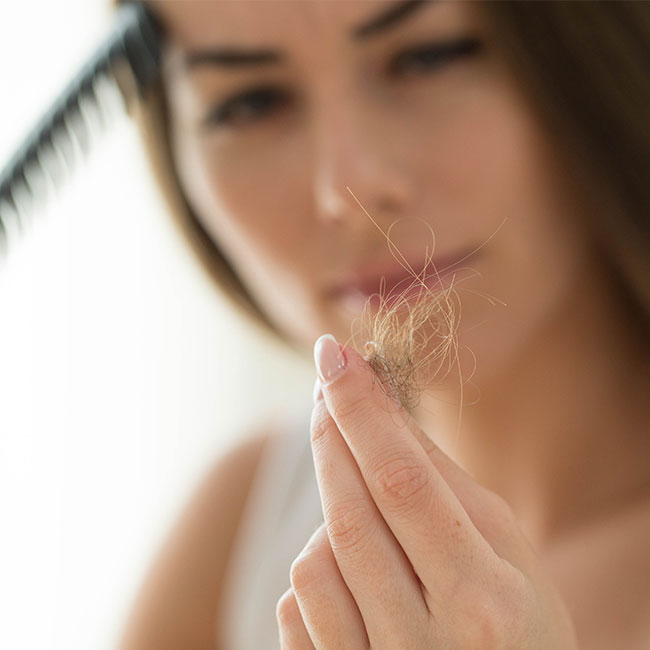
Dr. Elizabeth Houshmand, double-board certified dermatologist and Viviscal partner, agrees that diet plays a role in hair loss but says it’s just important NOT to be too restrictive with food as it is to stay away from certain foods. If you are a vegetarian or vegan, she says it’s crucial to ensure you are getting enough quality nutrients like protein, omegas, and quality fats.
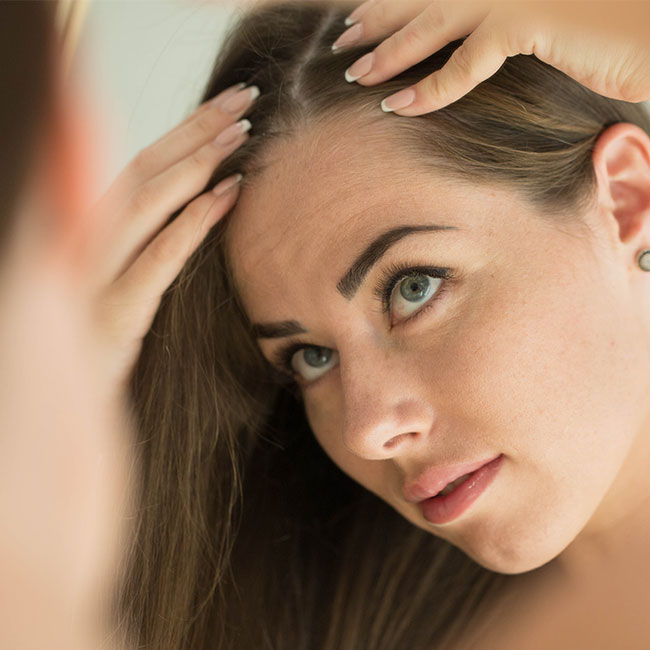
Now that you know which foods to limit if your goal is healthier hair, what about the foods that you should be eating more of?
“Diet is so crucial when it comes to hair thinning and hair loss,” Dr. Houshmand says. “This is the first thing I address when a patient comes to see me about hair thinning. It is very important to incorporate whole grains, almonds, meat, fish, seafood and dark leafy greens into our diet due to the high amount of B vitamins in each of those listed foods. B vitamins are important because they help create red blood cells, which carry oxygen and nutrients to help the scalp and hair follicles. This is very important for hair growth.”
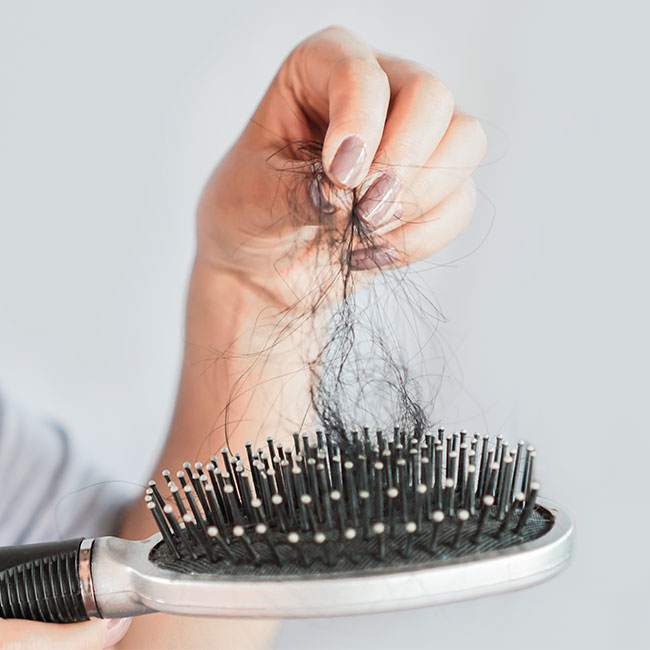
Diets deficient in vitamin A may lead to several problems, including hair loss, Dr. Houshmand says. But there’s a catch. “While it's important to get enough vitamin A, too much may be dangerous,” she says. “Research has shown overdose of vitamin A can also contribute to hair loss. Make sure to consult your physician before starting any supplements, this is especially true if you are family planning, i.e. trying to get pregnant, pregnant, and breast feeding. Sweet potatoes, carrots, pumpkins, spinach and kale are all high in beta-carotene, which is turned into vitamin A. Vitamin A can also be found in animal products such as milk, eggs and yogurt.”
Dr. Houshmand says that when she sees patients who have restricted diets or are vegetarians and can’t consume some of the foods mentioned, she recommends that they look into taking supplements and consult with their doctor about the best options. “I personally take and recommend Viviscal Hair Growth Supplements, which are clinically effective and help patients with hair loss and hair thinning,” Dr. Houshmand says. “I recommend consistency and to take the supplements for 3 to 6 months to see optimal results.”



